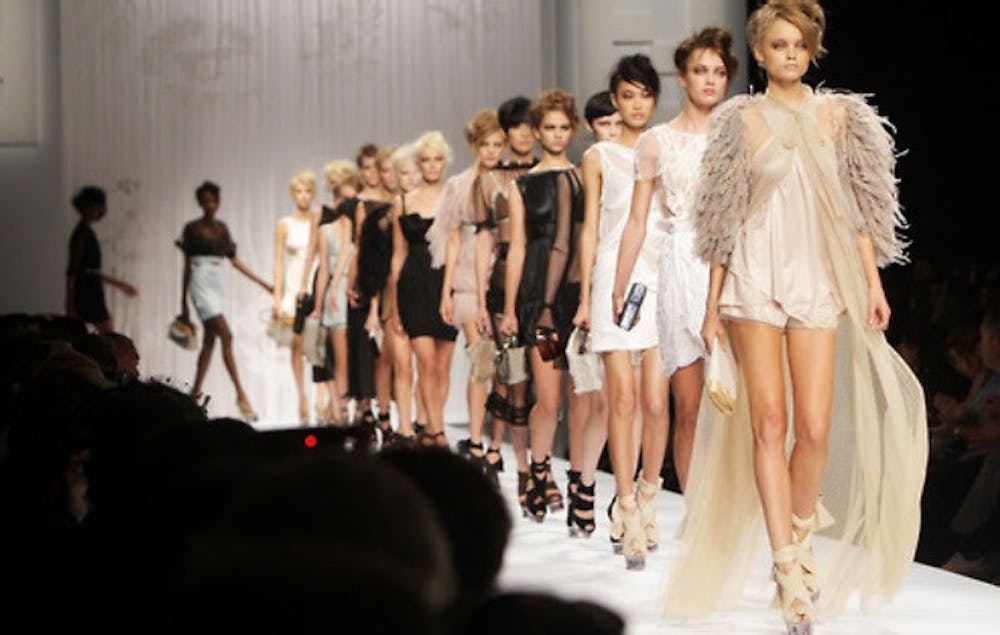#mainchick #sidechick #YOLO #bae #THOT #turnup #turndownforwhat #selfie
People all around the world use the same hashtags on social media sites like Twitter and Instagram. My dad would say, “what has this generation come to?” My friends and I occasionally use these hashtags these as a joke, but some teenagers and young adults take such popular culture trends far too seriously. I’ve seen middle school girls posting selfies on Instagram with highly inappropriate captions from offensive and degrading songs, which got me thinking about our generation in the western hemisphere and our similarities with young adults from other parts of the world.
I’ve noticed American popular culture present in many countries such as Belize, India, Mexico, and Italy. People in places like China and India download hundreds of thousands of apps, songs, and movies online and represent a large percentage of music and entertainment sales in the United States, regardless of the geographical distance and cultural difference. No matter where you go, most everyone knows of huge Hollywood celebrities like Angelina Jolie, Michael Jackson, Leonardo DiCaprio. I remember visiting the Dominican Republic and seeing impoverished children dancing to Pitbull songs on the streets. Thanks to rapid technological innovation and social media, popular culture is now globally accessible with the click of a button.
So, how does popular culture influence society?
The answer is all about our perception and our reaction to what we see. It’s natural for us to desire to be better and live exciting lives, so what happens when we see Katy Perry rocking her new bangs and colorful style on the cover of a magazine? We want to look like that! We see pictures, videos, and movies of actors, actresses, comedians, and musicians and admire them for their looks, talents, and personalities. This is how normal people become celebrities. We perceive them to be godly from the Photoshopped and airbrushed pictures that circulate all over social media and the web. We compare ourselves to celebrities and lose self-esteem. We want to be admired, too, so we follow their actions. We conform. The result? Thousands of young girls try to lose unnecessary weight to look model thin and undergo plastic surgery to get the “perfect nose.” Some musicians sing and rap about drugs, sex, and alcohol, and of course, some people think it’s okay to emulate these artists. The result? Some young adults think it’s “cool” to rob businesses and abuse women. Definitely not cool.
But does popular culture influence society or does society influence popular culture?
I think it works both ways. People respond to what they see and even encourage some celebrities to continue behaving the same way by continuing to watch shows like “16 and Pregnant” and “Bridalplasty” and download inappropriate music because they think it’s cool or entertaining.
Pop culture isn’t bad, there are, however, a lot of downsides to western societies’ obsession with pop culture. We just need to be aware of what we take in from it and don’t let ourselves be mainstream magnets because we want to be “cool”. Many celebrities positively influence others, like Oprah Winfrey and Beyoncé, and it’s great to look up to people like them. Social media and news agencies highlight more bad than good. We, as the people, viewers, and consumers of pop culture, regardless of our nationalities, have the power to change what we want to see. Once we do that, we can see a positive, powerful effect of pop culture on the generations to come.






